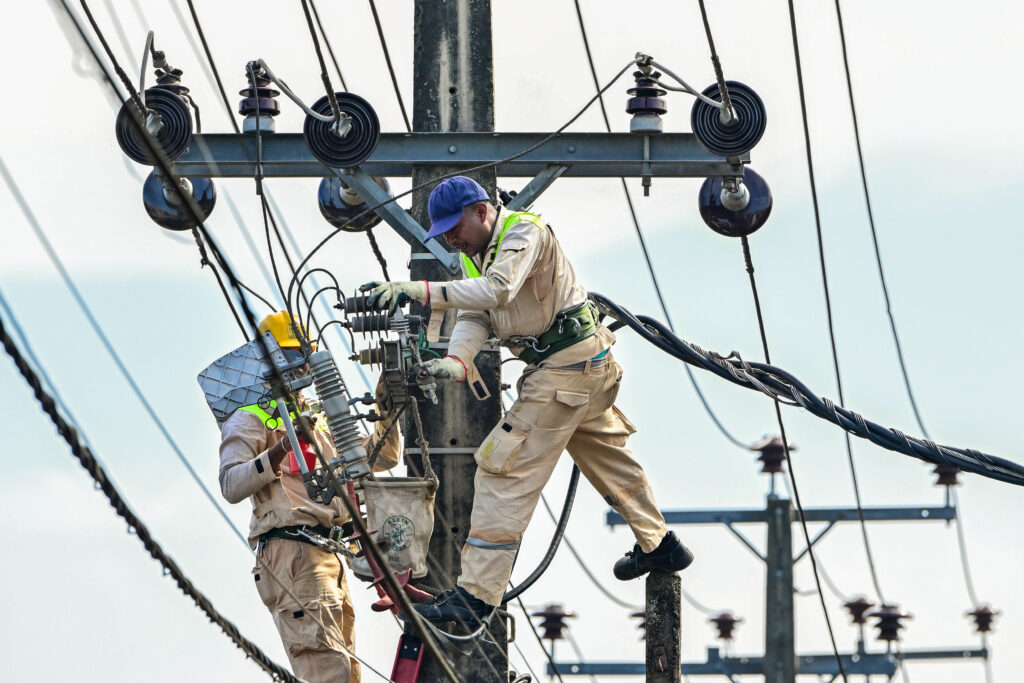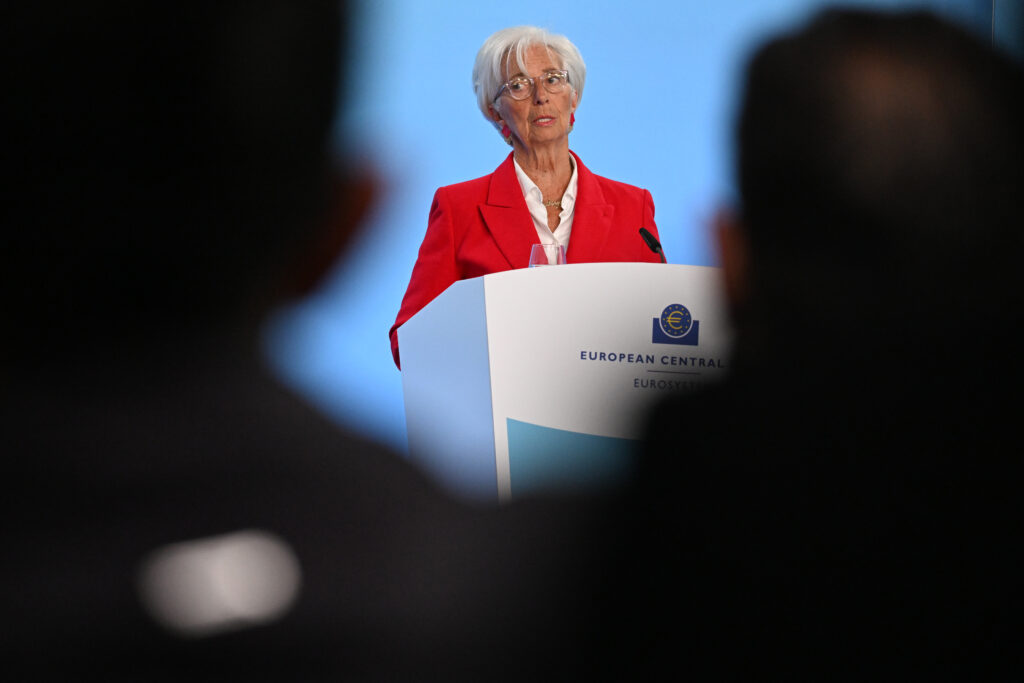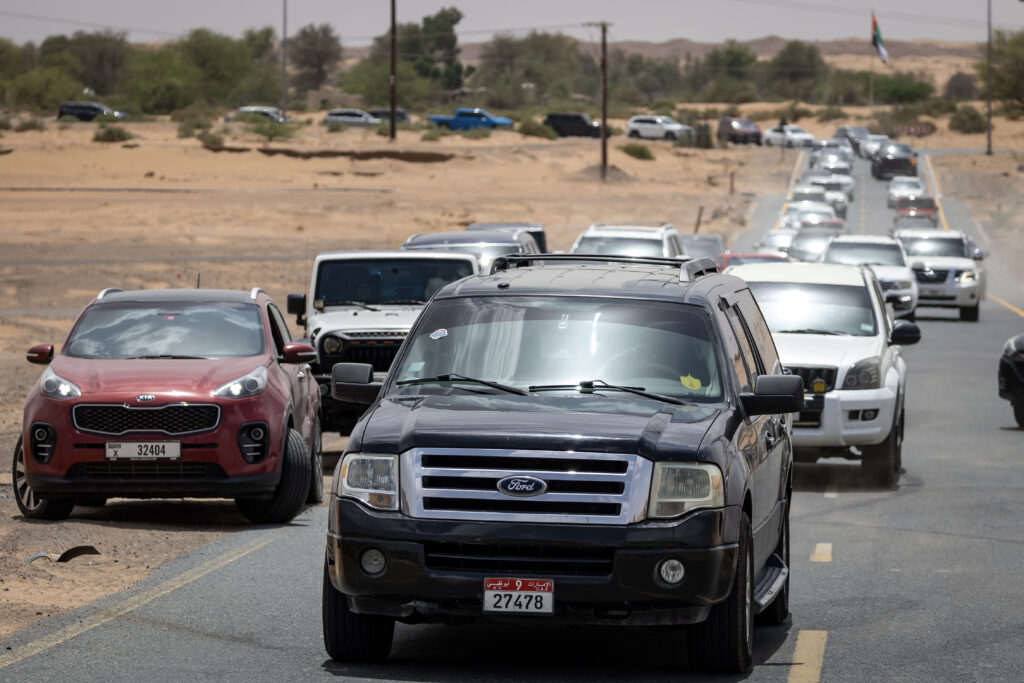After Muhammed Sajjad moved from India to the United Arab Emirates a decade ago, he missed his native Kerala’s monsoon season, so he embarked on an unlikely quest: finding rain in the desert.Using satellite imagery, weather data and other high-tech tools, the amateur meteorologist tracks potential rainfall spots across the desert country and, along with other Indians nostalgic for the monsoon season, chases the clouds in search of rain.”When I came to UAE in 2015, in August, it… was peak monsoon time” in Kerala, the 35-year-old estate agent told AFP, adding that he had struggled to adjust to the change of climate.”So I started to search about the rainy condition in UAE and I came to know that there is rain happening in UAE during peak summer,” he said, adding: “I started to explore the possibility to chase the rain, enjoy the rain.”Each week, he forecasts when and where rain might fall and posts a suggested rendezvous to the 130,000 followers of his “UAE Weatherman” page on Instagram.He regularly posts footage of his rain expeditions out into the desert, hoping to bring together “all rain lovers who miss rain”.Last weekend, he headed out into the desert from Sharjah at the head of a convoy of about 100 vehicles.But nothing is certain. The rain “may happen, it may not happen,” Sajjad said. But when it does, “it is an amazing moment”.- ‘Nostalgic’ -After driving in the desert for hours, the group arrived at the designated spot just as a downpour started.The rain lovers leapt out of their vehicles, their faces beaming as the rain droplets streamed down their cheeks in a rare reminder of home.”They feel nostalgic,” Sajjad said proudly.Most UAE residents are foreigners, among them some 3.5 million Indians who make up the Gulf country’s largest expatriate community.Despite the use of advanced cloud-seeding technology, the UAE has an average yearly rainfall of just 50 to 100 millilitres.Most of it falls during short but intense winter storms.”While long-term averages remain low, the frequency and intensity of extreme weather events has been increasing and is due to global warming,” said Diana Francis, a climate scientist who teaches at Khalifa University in Abu Dhabi.In the summer, the country often gets less than five millilitres of rain, she said, usually falling away from the coastal areas where most of the population lives.So rain-seekers must drive deep into the desert interior to have a chance of success.An Indian expatriate, who gave her name only as Anagha and was on her first expedition into the desert last weekend, said she was “excited to see the rain”.”All of my family and friends are enjoying good rain and good climate and we are living here in the hot sun,” she said.The UAE endured its hottest April on record this year.By contrast, April last year saw the UAE’s heaviest rains in 75 years, which saw 259.5 mm of rainfall in a single day. Four people died and the commercial hub of Dubai was paralysed for several days. Scientists of the World Weather Attribution network said the intense rains were “most likely” exacerbated by global warming.”We couldn’t enjoy it because it was flooded all over UAE,” Anagha said. “This time we are going to see… rain coming to us in the desert.”





